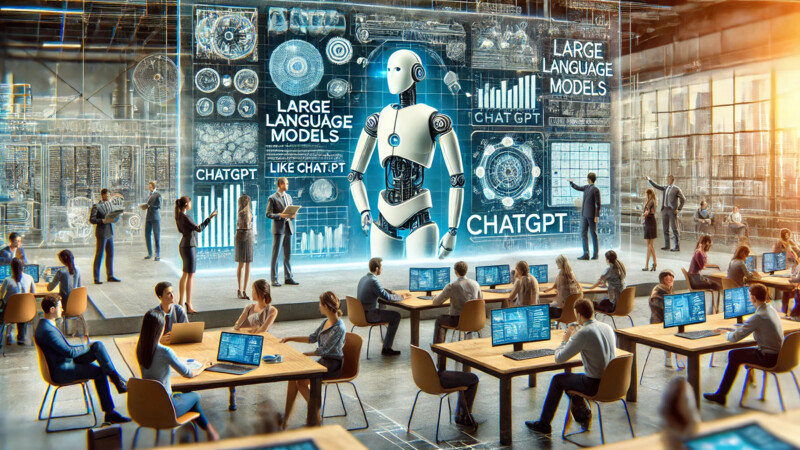The present coalition agreement foresees strengthening Hamburg's competitiveness through AI. "Our goal is to establish Hamburg as a leading AI centre that drives innovation while considering its social impact." The EU is also striving to increase technological competitiveness in the bloc. To this end, the European Commission presented in April the AI Continent Action Plan under which Europe should catch up with AI leaders such as the United States and China. The EU is shifting its focus from AI regulation to AI promotion - a balance that virtually the entire industry is struggling to achieve, according to Bitkom.
The AI Summit in the Chamber of Commerce on September 16, 2025, began with the realization that AI pays off! "And Generative AI (Gen AI) could cause annual productivity to rise by up to US$4.4 trillion, a McKinsey study has found. That's more than the gross national product of Japan,” said Kathrin Haug, Vice President of the Chamber of Commerce. Technological sovereignty, the pros and cons of regulation, a human-centric approach. i.e., adherence to ethical principles in the development phase and competitiveness topped the agenda of the summit by the Chamber of Commerce, the Artificial Intelligence Center Hamburg (ARIC) and the Mittelstand-Digital Zentrum Hamburg.
Focus on competitiveness
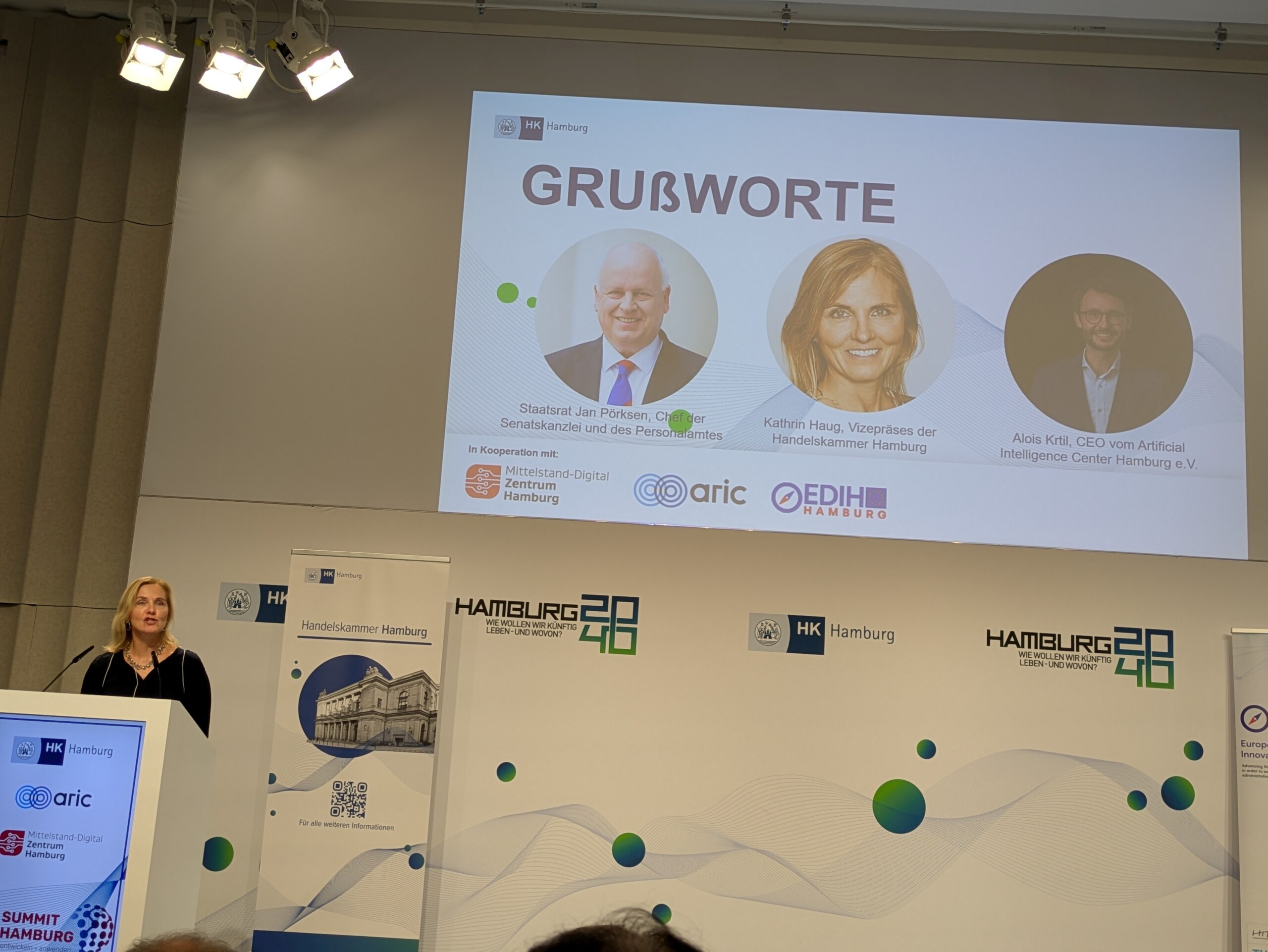
MDR and AI-Act
Doreen Soeder, Head of Compliance at Tiplu GmbH in Hamburg, outlines the Medical Device Regulation (MDR) certification process that the company’s MAIA product underwent. The AI support tool for hospital doctors was approved in January. “We completed the MDR process in 15 months, which is not bad at all,” stressed Soeder. However, it remains unclear whether certification by the AI Act can be secured. The medical software is certainly categorised as a high-risk product that must meet the highest standards. “That's fine. Anyone who has a pacemaker implant wants to ensure that it meets the highest standards.” Under the AI Act, an AI's system arrival at results must be traceable, and thus lead to more trust in AI. While Söder backs this goal, she noted: "We need regulation. But over-regulation can paralyse the innovation process.” Regulatory requirements should instead be considered from the start of the development process and incorporating them into the corporate culture, she recommended.
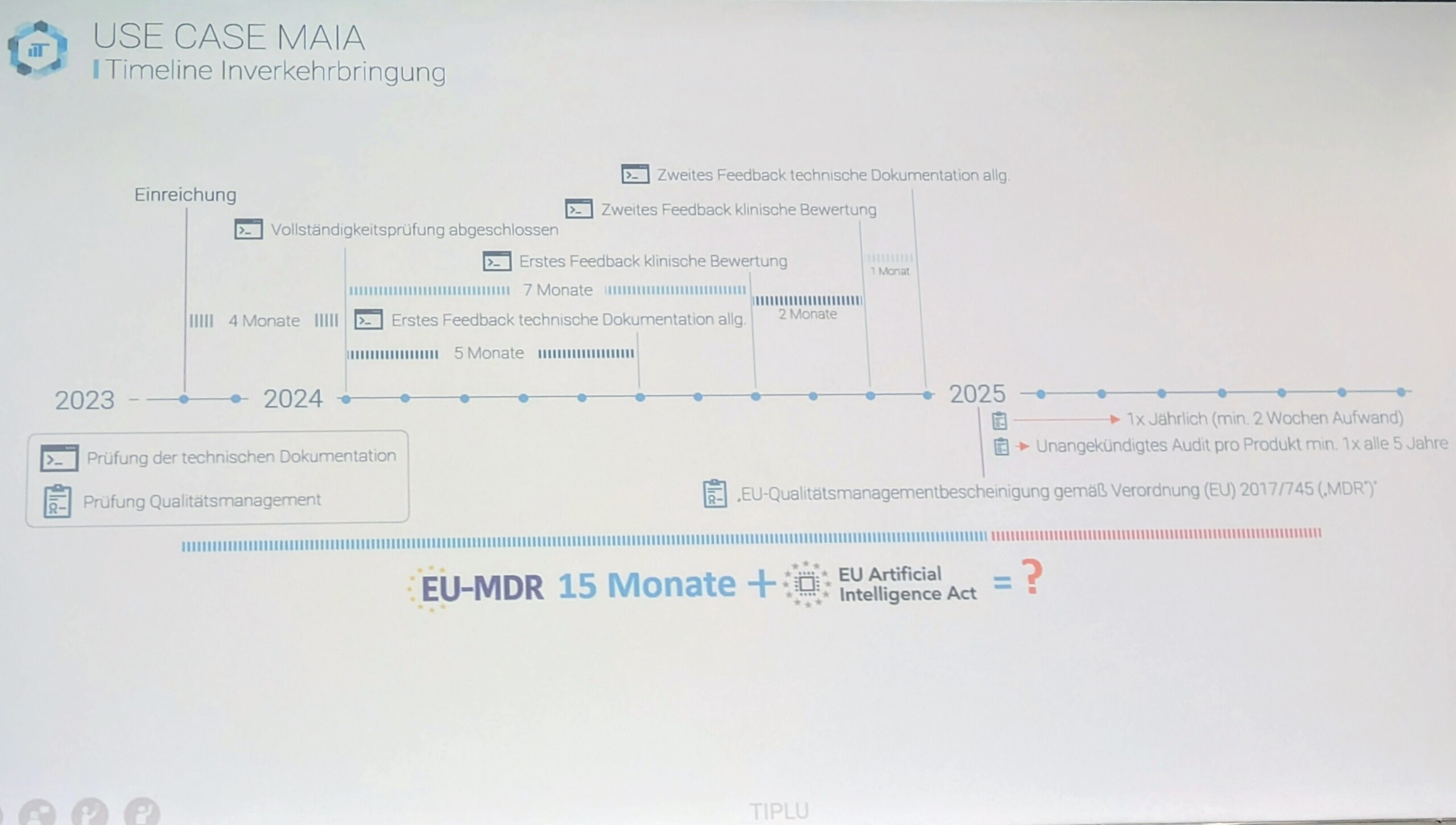
European milestones
“European AI development is certainly not paralysed,” said Alois Krtil, founder of ARIC. "Various milestones demonstrate the importance of AI in Europe. Take e.g., the takeover of the Düsseldorf-based Cognigy startup by the US company, Nice, for an impressive US$955 million.” The development of the Apertus Large Language Model (LLM) in Switzerland is an example of greater independence, said Krtil. “Apertus" (Latin for 'open') is expected to enhance the Alpine region's digital sovereignty. “The model stands for a good, common approach to developing AI.” Aspects such as multilingualism, transparency, and compliance were incorporated into the design from the outset, in line with the principles of human-centred and responsible AI. Krtil also highlighted the €1.3 billion investment by the Dutch chip supplier ASML in the Paris-based unicorn Mistral AI. This strategic partnership will establish the French LLM developer as one of the most valuable startups in Europe. Mistral AI will invest part of the funding in building its own data centre. Training large language models requires enormous computing capacity.
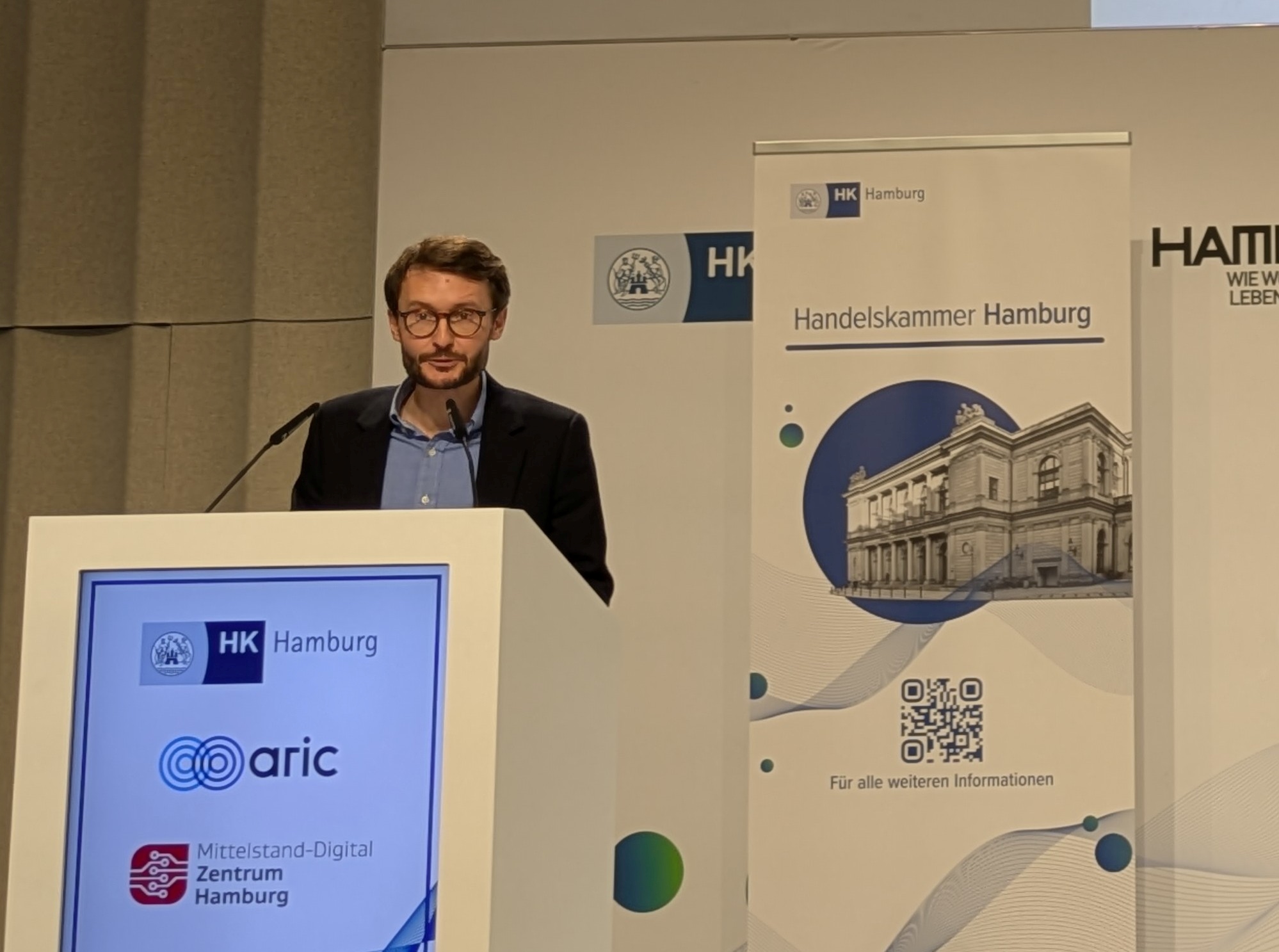
Smart infrastructure for new data centres
Plans are being laid for new data centres in Hamburg, said Krtil. "We need smart infrastructure with different sized data centres… not the kind of megalomania that Zuckerberg displays when he talks about a data centre the size of Manhattan." Instead, Krtil envisages medium-sized facilities with a capacity of around 5 MW in Hamburg, supplemented by a network of larger centres (20 to 70 MW) in the Hamburg Metropolitan Region. "And we're not starting from scratch. Fraunhofer and DESY have already invested in the required infrastructure." However, growing capacities also lead to more energy consumption and theoretically a larger carbon footprint. Yet, operators are striving to become more sustainable and climate-friendlier, Bitkom has observed. "Despite the expanded capacity, the greenhouse gas emissions of German data centres fell slightly between 2014 and 2024." Emphasis should be on reining in the electricity prices, Krtil stressed. "Competitive energy prices need to be taken into account when building new data centres." That could establish Hamburg as a leading AI centre.
ys/sb/pb
Sources and further information
More
Similar articles
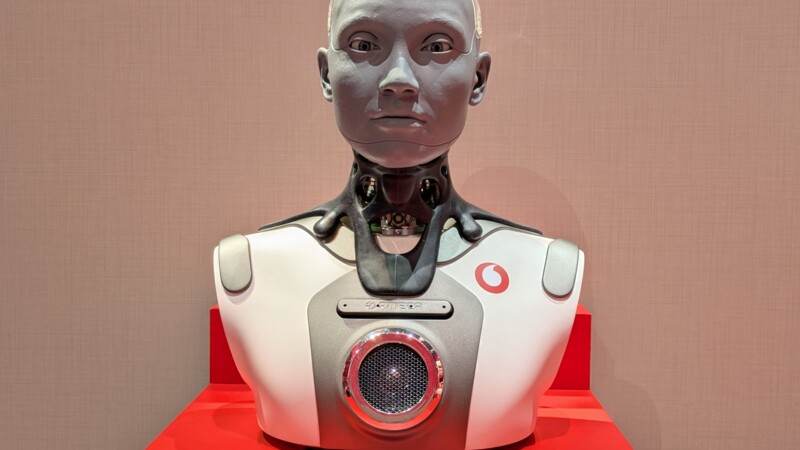
Does AI make us more humane?

More and more examples of successful AI transformation in Hamburg

Trust in artificial intelligence paying off, AI summit concludes
